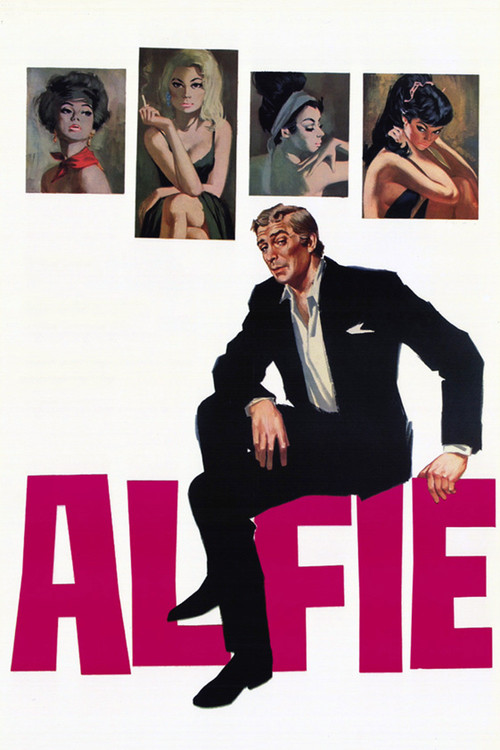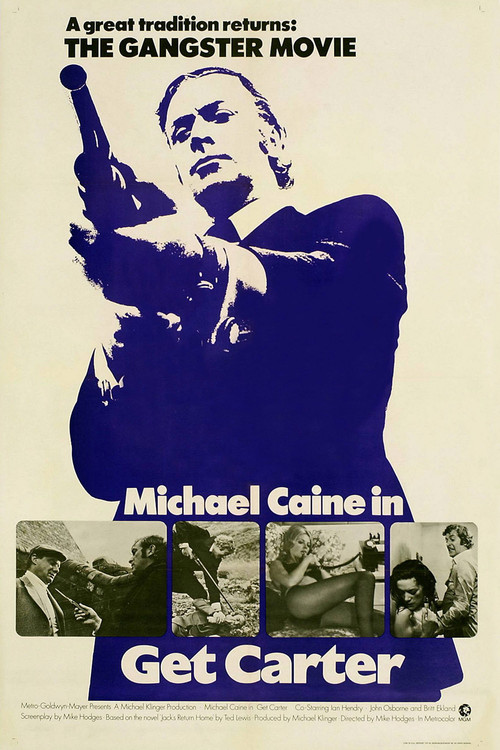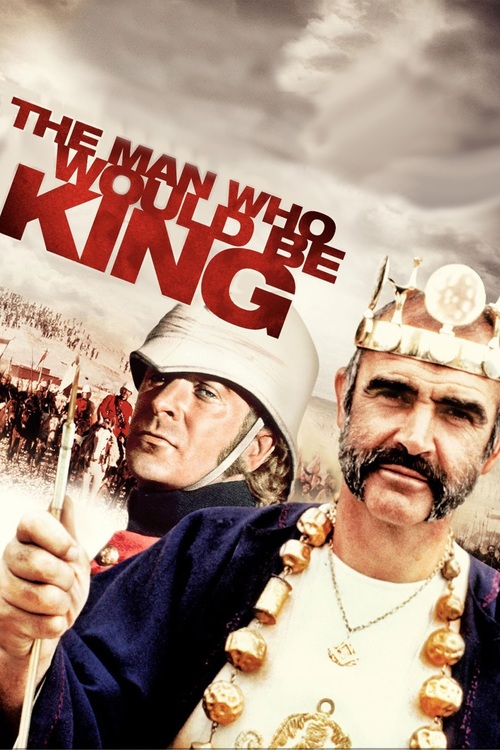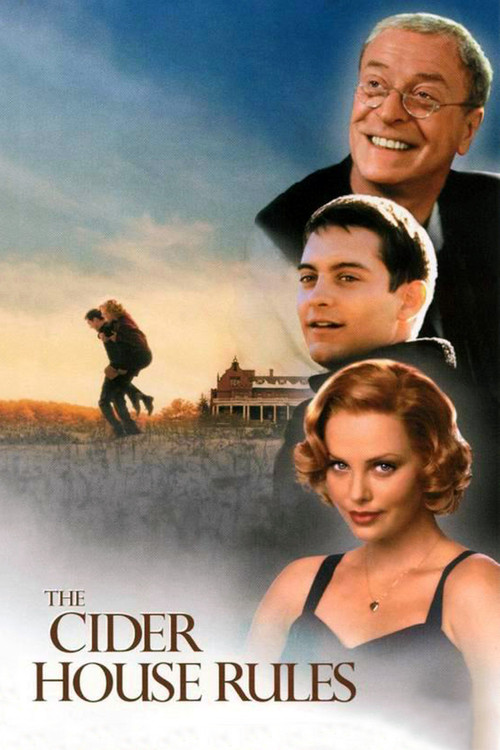Michael Caine has been a lot of things to a lot of people. To the ladies of “Alfie” (1966), he’s the conflicted bad boy they’ve both dreamed of and dreaded, the working-class womanizer who broke all the rules (including kicking down the 4th wall to talk directly to the audience). He’s a British super agent in “The Ipcress File” (1965), and the scientists he saves are glad to have a “thinking man’s James Bond” on the scene. He’s been an alcoholic English professor (1983’s “Educating Rita”) and a stout British soldier standing up to wave after wave of Zulu warriors (1964’s “Zulu”). He’s one of the most universally beloved actors of his generation, a charismatic talent that steals nearly every scene he’s in.
So let’s help the world remember him as anything other than an angst-ridden superhero’s valet.
Start with his humble upbringing. Born the son of a fish market worker and a charlady, christened Maurice Micklewhite, Michael grew up dirt poor in London. His first ticket to a better life came when he enlisted in the British Army during the Korean War. On return to civilian climes, he landed a job as assistant stage manager, and soon caught the acting bug. On the advice of his agent, Caine changed his name. His inspiration? Bogart's film, "The Caine Mutiny.” Thus, Michael Caine was born.
This Michael Caine? He had swagger. He had that “something extra” that helped him land parts on stage and in television. And this new man kept busy then, as he does now. Throughout his career, Caine has remained unrepentant about starring in films considered “beneath” his talents. Once challenged on what might be the worst of the worst movies in his oeuvre, “Jaws: The Revenge,” Caine was asked if he’d even seen that floater of a film. Caine replied, “I’ve never seen it, but by all accounts it’s terrible. However, I have seen the house that it built, and it is terrific.”
That disarming candor has been a mainstay throughout Caine’s career. You might expect him to be defensive or apologetic about the bombs he’s dropped on cineplexes and theaters throughout his career as a top-flight actor. But Caine merely cocks a crosswise smile and explains that he gets paid the same for good movies as he does the bad ones.
Honesty is the best policy, it seems, at least so long as you’re Michael Caine.
The sheer volume of commercial mediocrities and outright junk included in Caine’s filmography might obscure the fact that Caine has had more cinematic home runs than most of his peers. Plus, six Oscar nominations and two wins (both times for supporting actor) should be enough proof that Caine’s preference to appear in movies great and not-so-great has not hurt his career as an actor.
So let’s honor this prolific artist by watching one or two greats from a man who should never have to press and fold another Bat Cape again in his life. But if he should choose to do so, we needn't worry about his legacy. It looks fine from where he’s sitting, in the new house that Batman’s butler built.



